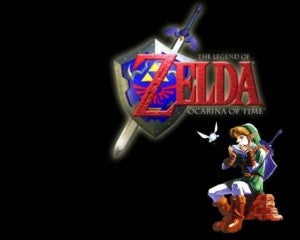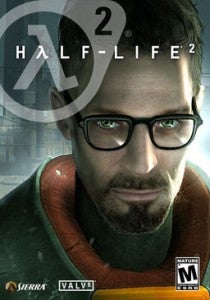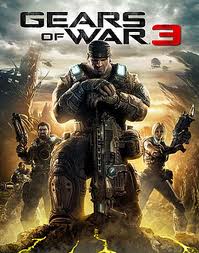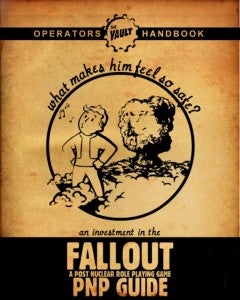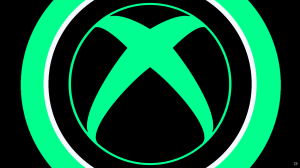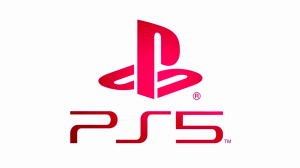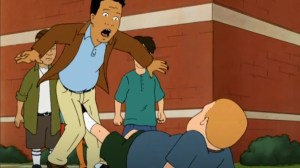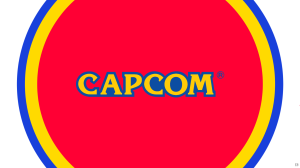Well, unless you’ve been living under a rock for the past couple of years, you may have heard that the world was supposed to end on the 21st of the month and if you’re even more aware you’ve realized that we’re all here. If you’ve seen all the of the different GIFs floating around people are thanking different heroes ranging from the Fantastic Four, to Doctor Who, and even to my favorite heroine Buffy Summers. If you’ve recently read Nick Winstead’s article about some of the best comic apocalypses you’ll notice that these kind of stories are either some of the greatest that’s been put to paper (or film) or a disappointing letdown (I’m looking at you Avengers vs X-Men). All of this though got me thinking about video game catastrophes. Almost every game there is depicts a single or group of heroes fighting against an evil greater than themselves that threatens the entire world. So in honor of some of these great (and no-so great) stories, here’s a list of both successful and not-so-successful apocalyptic events in the world of video games.
Top Five Video Game Apocalypses
Well, unless you’ve been living under a rock for the past couple of years, you may have heard […]



